Lviv, Ukraine
The first indication that this was a literary festival like no other came with the request to provide “proof of life” questions in case of kidnap. I’ve been to some unusual festivals — earlier this year I found myself discussing war-rape, ancient and modern, with the classicist Mary Beard on a barefoot island in the Maldives — and had some unusual festival encounters, such as the woman who asked me to sign a book to her dead husband, adding that he was reading it when he died. This, however, was my first in a war zone. There was a polite warning from the Lviv Book Forum organizers: “If there is an airstrike, we will interrupt the event.” It’s all part of the resilience of Ukrainians, determined in the face of Russian aggression that life must go on.
Yet within days of arriving, it had already become the Other War. “Breaking News” pings on our phones telling of the slaughter and abduction of young and old in Israel by Hamas terrorists. Even when Ukraine itself finds itself under brutal invasion, it was sickening. A reminder too of the Palestinian issue that in my early days as a correspondent twenty-five years ago was the most urgent foreign crisis, but is one we had all somehow started pretending had gone away.
I had traveled across the border from Poland with my fellow participant Dr. Rachel Clarke, a palliative care doctor and writer whose impassioned tweets from the UK’s National Health Service’s front lines I followed during Covid. The night before I’d watched Partygate, the jaw-dropping docudrama about Downing Street parties in the pandemic, so I asked if she’d seen it. “I couldn’t bear to,” she replies. “At that time I was the one having to tell people on the phone they couldn’t say goodbye to dying loved ones because of the rules.” It was a long journey to Lviv, and we discussed the struggle to get anyone in government to care about palliative care, which is two-thirds funded through charities. Imagine, then, Ukraine in the midst of war, with only a handful of state-funded hospices. So Rachel, along with the neurosurgeon Henry Marsh, has set up the charity Hospice Ukraine. She posts social media videos from the border to promote it.
The festival’s apt venue is the Gunpowder Tower, one of Lviv’s few remaining sixteenth-century fortifications. “Can there be happiness after war?” is the first panel I attend. The room is packed, mostly with young women — the men are away fighting. The answer seems to be no, and there is palpable anger when a Croatian writer apparently equates the grief of a bereaved Russian mother with that of a Ukrainian. At a discussion on “A Marshall Plan for Ukraine?,” news breaks of one of the deadliest attacks of the nineteen-month war. Russian missiles have slammed into a café in Hroza near Kharkiv, killing fifty-two — one in six in the tiny village. The attack leads some to question how anyone can begin to talk reconstruction — but it does not make the global headlines it would have done a year ago. “Ukraine fatigue” hangs heavy over the festival, not helped by the recent election of a pro-Putin leader in Slovakia and the chaos in the US Congress.
How to find the right language to talk about war is the festival’s main theme. Some Ukrainian writers say it is impossible to write, that now is the time to fight, and have headed to the trenches. Others find poetry better at capturing the moment — there is more being written than ever. Meanwhile many of us are discovering Ukrainian novelists like Andrey Kurkov, author of the magical Death and the Penguin. Kurkov writes in Russian, his first language, though most Ukrainian bookshops now won’t sell Russian-language books. After Kurkov appeared on a panel in Toronto with the exiled Russian journalist Masha Gessen, some Ukrainian authors began a campaign and the Book Forum briefly took down the page advertising its opening session, a recorded interview between Kurkov and Jonathan Franzen. It was quickly restored, prompting bafflement when Kurkov complained at Cheltenham that he had been canceled. “Aren’t things complicated enough without fighting between us?” asks Sofia Chelyak, the program director.
My panel was “Remembering Victoria Amelina,” poet, writer and friend, killed in July by a Russian missile strike on Ria Pizza restaurant in Kramatorsk, aged just thirty-seven. I was at the festival because of her — she had invited me and promised to show me her favorite places. Instead, I visit her grave at the Lychakiv Cemetery. Friends have placed a pot of pens as well as flowers. It’s hard not to cry as we discuss with Victoria’s friends how the invasion prompted her to train as a war crimes investigator. By then the other journalists are heading off to Israel. “You’re at the wrong war,” said my editor. Can the world deal with another major conflagration? The title of the festival’s final session seems strangely apt: “I would laugh to keep from crying.”
This article was originally published in The Spectator’s UK magazine. Subscribe to the World edition here.



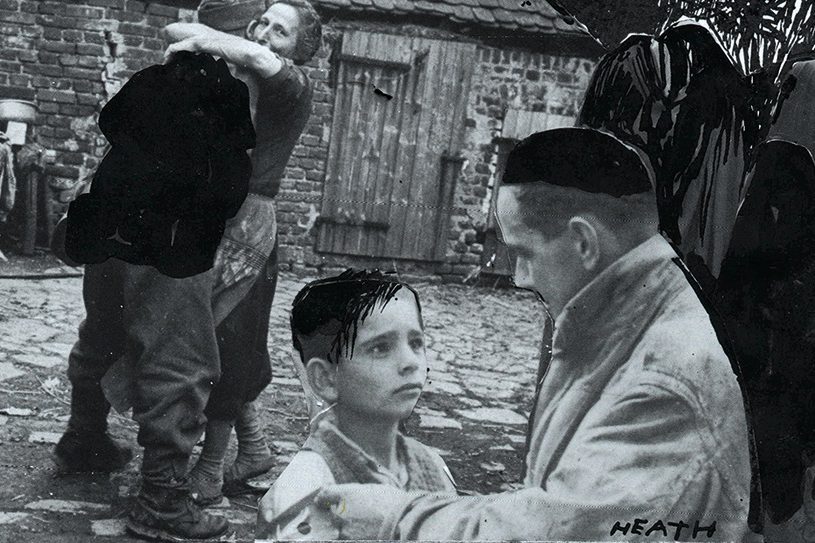






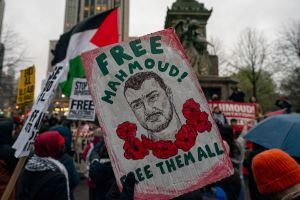

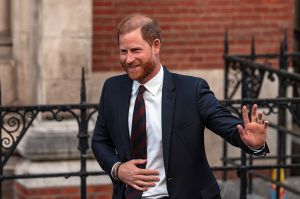
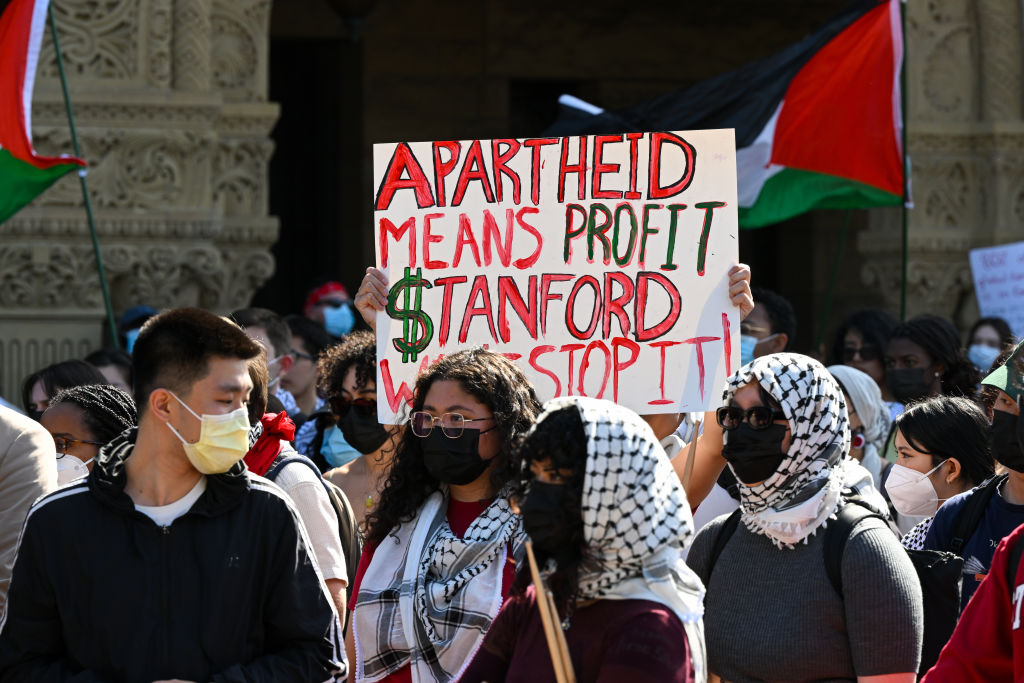

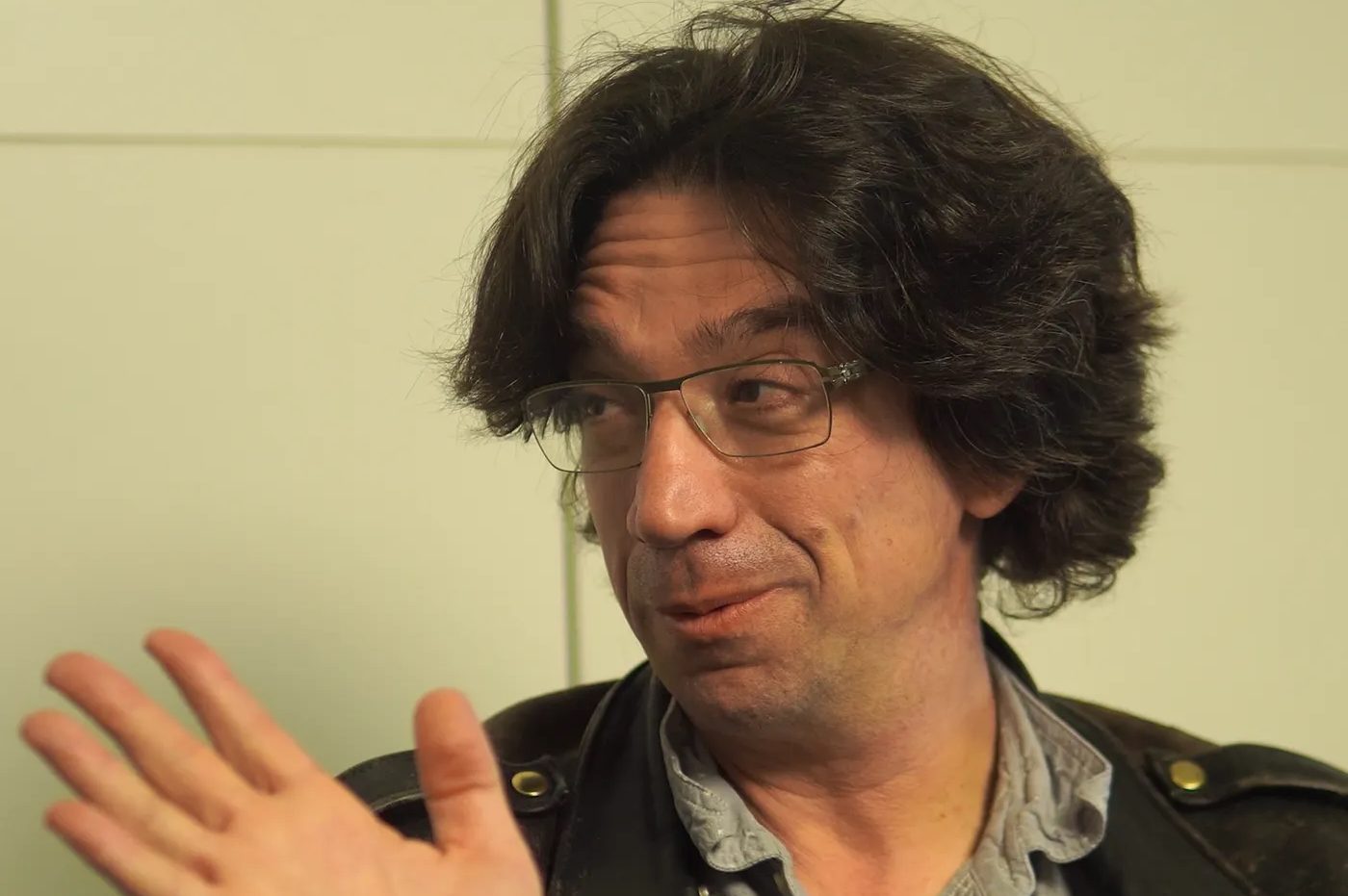


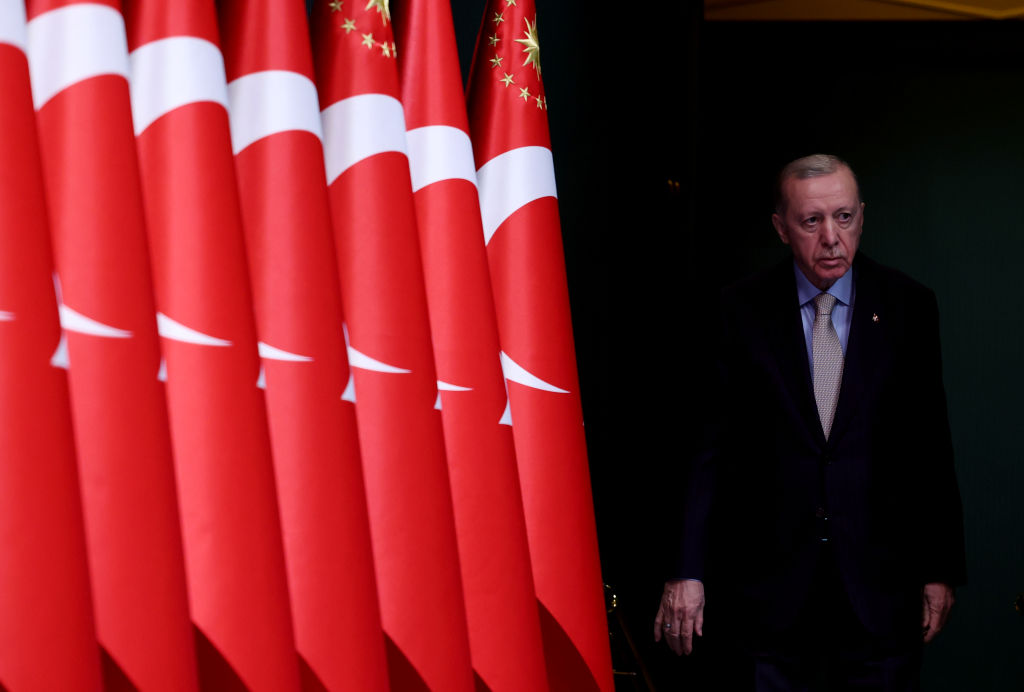







Leave a Reply